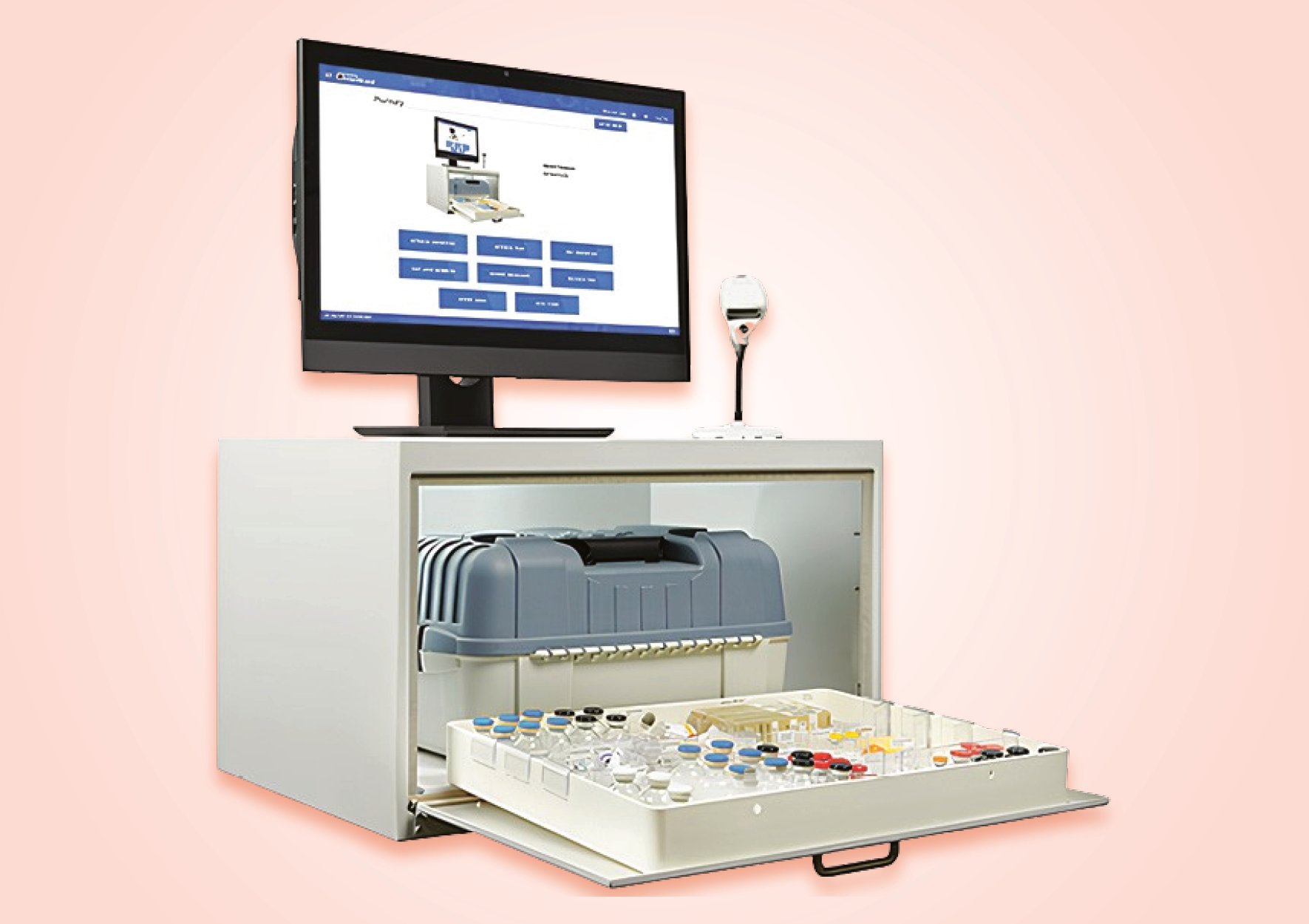- Show Menu
- Contact Us
- FAQs
- Reader Service
- Survey Data
- Survey Winners
- Testimonials
- Upcoming Events
- Webinars
- White Papers
Tips for In-House Repackaging
Thoroughly evaluate your capacity to repackage medications in-house.
To determine whether outsourcing or repackaging inside the hospital is the better choice for your facility, it is essential to consider your staffing levels, storage capacity, inventory tracking ability, and the overall costs associated with either process. When repackaging is outsourced, it will likely be necessary to purchase a higher volume of medications than typically would be necessary for an in-house, single-run repackaging task, so ensure there is sufficient storage space for these medications, as well as a robust system for tracking inventory. Keep in mind that the ideal scenario for your operation could be a combination of outsourced and in-house repackaging. This largely will depend on the types and volumes of medications used, as well as the nature of your purchasing (heavily unit-dosed vs bulk purchasing).
With this in mind and after evaluating our cost per dose for repackaging internally compared with the cost for outsourced repackaging, we determined that even after accounting for the costs associated with technician repackaging time, repackaging internally was the most economical option for most of our medications. It is important to note that this was not a wholesale decision, rather, it required a line item review of our inventory. Depending on the cost comparison for each line item, we chose between in-house and outsourced repackaging for that specific item. If staffing levels are adequate and bulk medication ordering is the dominant method, in-house repackaging may be the most viable choice; however, if staffing is a challenge at your hospital and many products are purchased in unit dose, outsourcing may be the more practical option.

Consider the safety and efficiency benefits of utilizing an in-house repackaging machine.
The safety benefits realized due to bar code scanning have proven invaluable. Bar code scanning ensures the right drug and right dose will be repackaged correctly, and the availability of the drug data repository gives pharmacy peace of mind that we have access to the most accurate product information.
Using a repackaging machine has saved our technicians significant time compared with the manual approach. Careful scheduling of repackaging activities will ensure an ideal amount of product is available consistently, while reducing the possibility of waste. Expiration dating is generally governed by regulatory bodies; in Kansas we are able to utilize the manufacturer’s expiration date or one year, whichever is sooner. We repackage oral solids on a daily basis (alternating which products are repackaged as inventory is required), producing a three- to five-day supply with each run. Using the repackaging machines, we estimate a savings of approximately three hours of technician time per day, compared with repackaging medications manually.
Evaluate your needs to identify the most useful repackaging equipment for your hospital.
One of the most important considerations in choosing a repackaging machine is ensuring the machine is capable of integrating with other pharmacy automation and technologies at your hospital. Selecting a repackaging system that interfaces with existing automated dispensing systems will help increase the efficiencies of workflow and inventory management. For stand-alone packagers, access to drug information services, such as First Data Bank, can instill a large safety advantage as well.
In addition, ease of use is a vital factor in choosing a repackager. We have found that enabling pharmacy staff to easily troubleshoot the majority of mechanical issues has been a significant benefit. To permit this, we wanted as much access to the device’s moving parts as possible. The packager we chose allows us to easily access most of the mechanical parts without any significant disassembly. Being able to adjust the machine in-house, rather than relying solely on the vendor to provide service, saves time and ensures the machine is up and running when it is needed. Nonetheless, be sure to ascertain how quickly the vendor can respond to service calls in the event that the repair required is beyond what can be accomplished internally. Because we rely heavily on our repackaging machines, having them in good working order is a continuous priority. Be sure your repackaging machine receives routine maintenance to ensure its longevity.
Another significant consideration is determining the value-added services your repackaging vendor offers. For example, our repackager utilizes bar code scanning that integrates with a drug data repository. Upon scanning, information such as the NDC code, dose, strength, and manufacturer is viewable to bolster medication use safety. This information is used to pre-populate product labels, decreasing the need for manual transcription. Access to the data repository was included in the initial cost of our repackaging agreement for the first year; thereafter, this service will require an annual subscription, an additional cost that must be accounted for in the budget.
 Christopher Bell, MS, PharmD, is the manager of inpatient pharmacy operations and the PGY1 residency coordinator at Kansas University Medical Center in Kansas City, Kansas. He attended the University of Kansas School of Pharmacy.
Christopher Bell, MS, PharmD, is the manager of inpatient pharmacy operations and the PGY1 residency coordinator at Kansas University Medical Center in Kansas City, Kansas. He attended the University of Kansas School of Pharmacy.
Like what you've read? Please log in or create a free account to enjoy more of what www.pppmag.com has to offer.








